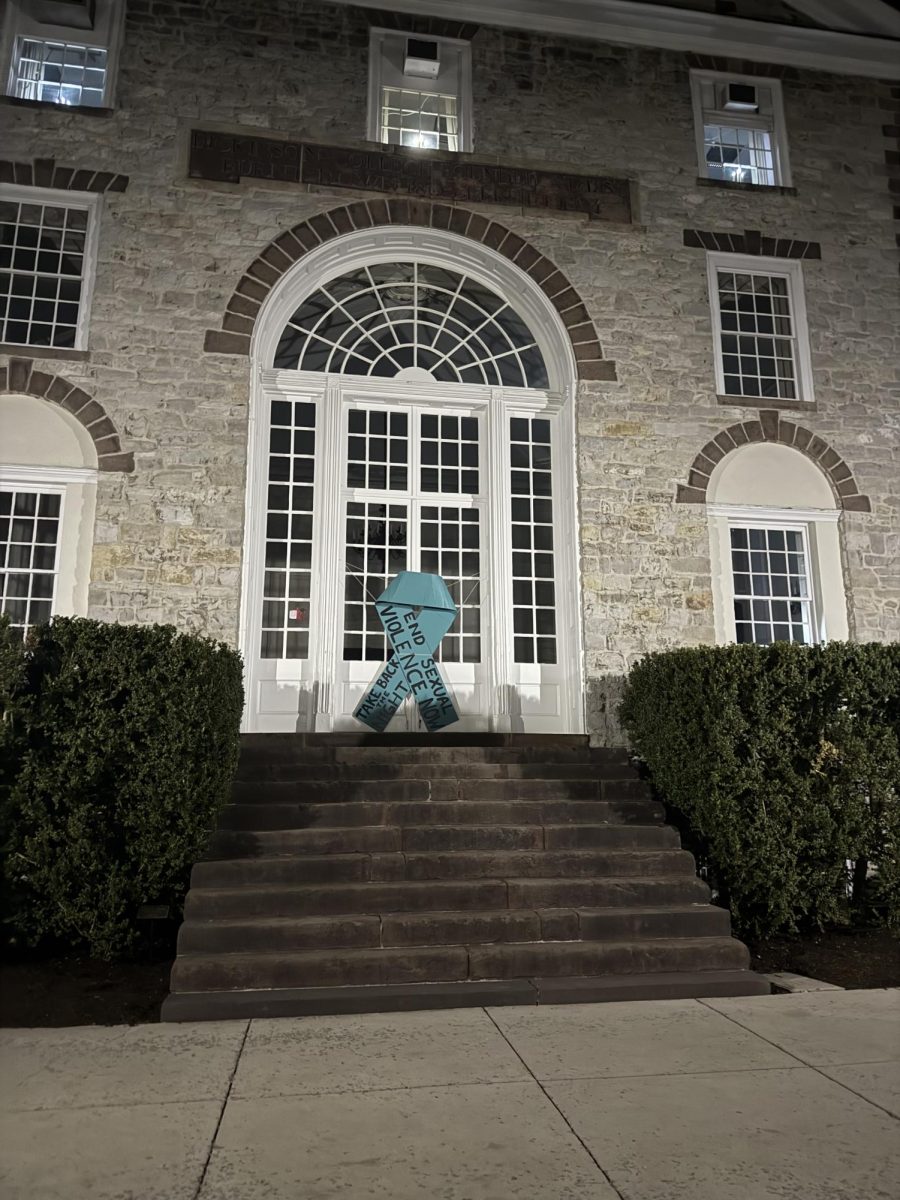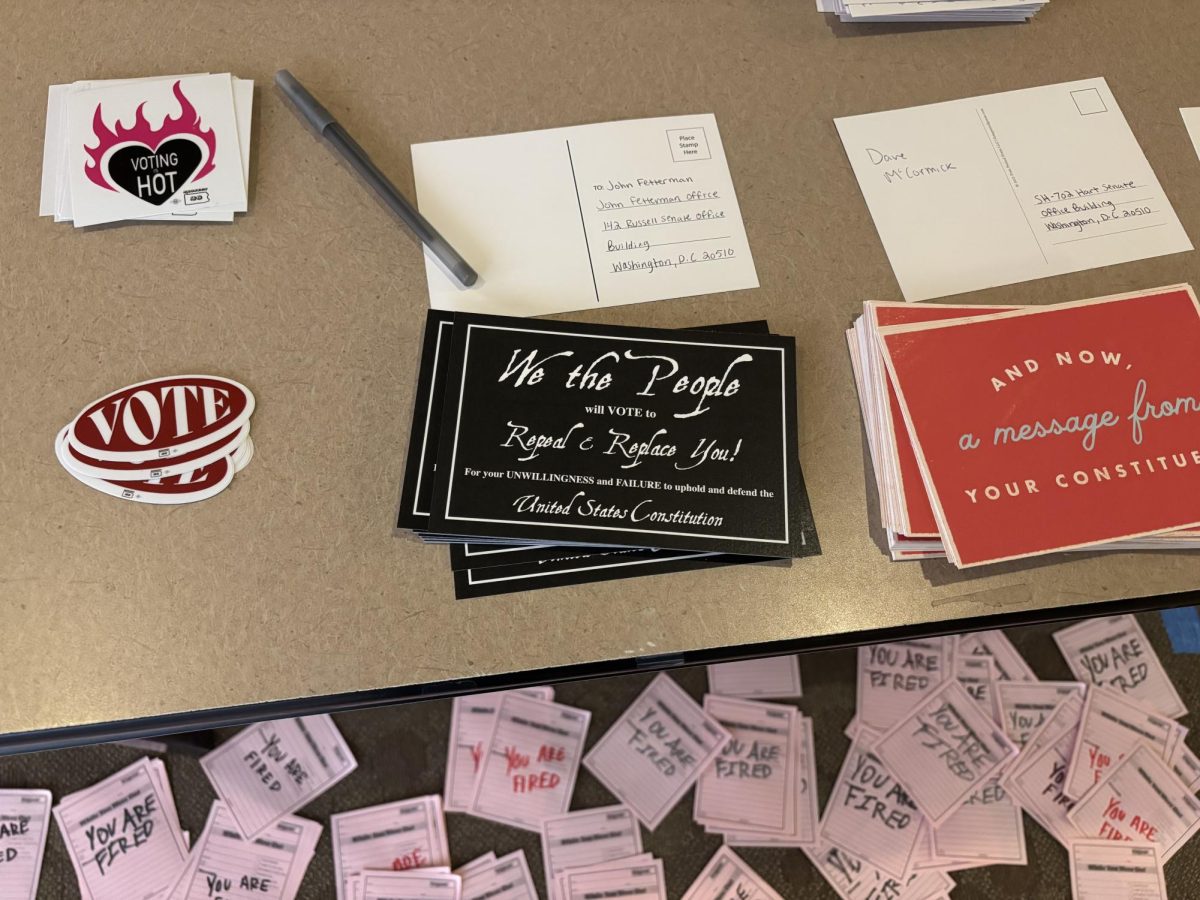Dr. April Baker-Bell is a scholar of Black linguistics whose work is centered around linguistic justice. In her book, titled “Linguistic Justice: Black Language, Literacy, Identity, and Pedagogy,” she talks about her experience as an educator and how important it is to bring awareness to students from all different linguistic backgrounds.
There is a class at Dickinson College titled “Working with Writers: Theory and Practice” where students like myself, are being trained to work for The Norman M. Eberly Multilingual Writing Center. Talking to Dr. Baker-Bell was especially insightful since I will also be an educator in a sense. Next year, once I have fully completed my training, I will help other students from all different backgrounds with their writing assignments.
Her lecture felt more like a conversation. She began by explaining how her book was a letter to herself. When she was a teacher, she felt unprepared because she had not yet been taught how to teach students without tearing them down for the way that they were raised to speak. It was not until she attended graduate school at Michigan State University that she was first presented with the idea of how to work through linguistic culture.
As future writing tutors, our biggest question is, “How can we make sure students feel comfortable while visiting the Writing Center?” Dr. Baker-Bell’s advice was to be firm and acknowledge the fact that for some people “slang” is their way of speaking, their language. The biggest mistake any educator can make is telling a student that there is only one right way to write, read, study and learn
Dr. Baker Bell emphasizes the difference between appropriation versus appreciation. She talks about how common it is now for institutions, corporations and organizations to try and capitalize on Black linguistics because it is considered cool and marketable. Modern music culture, social media outlets and fashion styles are all so heavily built around Black culture and Black linguistics. Therefore, claiming that Black linguistics leads to nothing but “unprofessionalism,” “incorrectness” or “failure” would be a false statement.
Lastly, we talked about how education is only a small space where we need to bring more awareness to Black linguistics. Dr. Baker-Bell shared a story about a Black family in a hospital waiting room who had just received news that one of their family members had passed away. Naturally, the family began to grieve and cry and react the way any family would after finding out that their relative had just died. However, the hospital nurses called the police station to escort the family because the nurse felt scared and threatened by the family, even though they were not causing any harm. The only thing wrong in this situation is that Black culture and families are stereotyped as “aggressive” and “dangerous”.
Overall, Dr. Baker-Bell’s visit was a memorable one for the Dickinson community of writers, educators, students and any person interested in linguistic culture.







